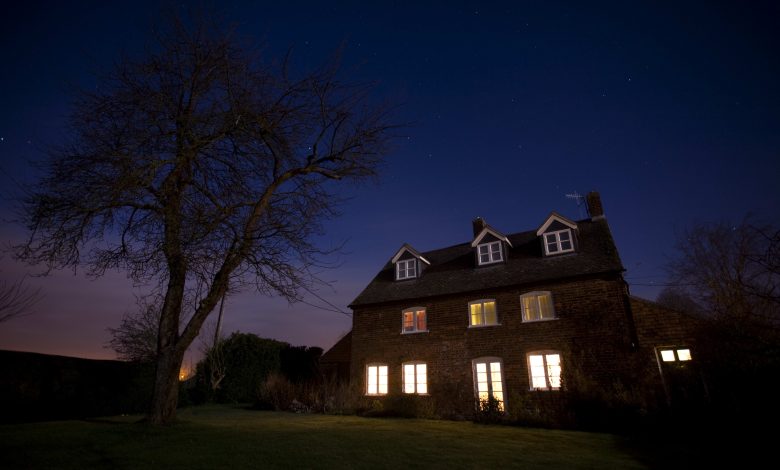EDF part of trial using smart tech to optimize electricity use

[ad_1]
urbancow | E+ | Getty Images
Three firms are working together to trial more than 100 internet-connected electric storage heaters in a bid to heat homes using electricity which would theoretically be cheaper and less carbon intensive.
In an announcement Wednesday, Kaluza — which is part of energy technology firm the Ovo Group — said that the heaters from Glen Dimplex Heating & Ventilation were able to monitor both the weather and “home heating habits.”
In addition, the heaters can make automatic adjustments to maintain “comfortable” temperatures in a building throughout the day. Kaluza explained that storage heaters charged overnight through off-peak electricity, which was then used to release heat during the daytime.
For the trial, the devices from Dimplex have been connected to Kaluza’s artificial intelligence platform. Kaluza takes electricity price data from EDF, a major utility, and then uses data from the heaters to optimize electricity use. The idea Kaluza explained, is to create an energy system that’s more flexible and reduce the carbon output of the grid.
Heating homes to keep them warm and comfortable — especially during the colder months of the year — has an impact on the environment. In December 2018, a report from the U.K.’s Department for Business, Energy and Industrial Strategy said that heating remained “the largest source of our greenhouse gas emissions.”
According to the report, the majority of heating used in buildings and industries is “delivered by fossil fuels.” It went on to state that electric heating had “the potential to deliver very deep reductions in carbon emissions.” It’s within this context that the marriage of smart technology and electric heating could have potential going forward.
The last few years have seen a raft of new technologies deployed in a bid to make homes more energy efficient and reduce costs. These include smart meters, which allow consumers to see how much energy they are using and money they are spending, and smart thermostats, which enable people to control – remotely if necessary – their home’s heating using kit like a tablet or cellphone.
“Heating our homes with gas is going to have to end for the U.K. to hit net zero,” Conor Maher-McWilliams, Kaluza’s head of flexibility, said in a statement. “Mass electrification offers great promise, but it also introduces fresh complexity into the energy system,” Maher-McWilliams added.
“The only way to create an efficient and resilient grid able to handle this new demand will be through smart technologies in people’s homes,” he said. “This way we can intelligently spread demand throughout the day, helping to reduce grid stress, carbon emissions and energy costs.”
Source link






